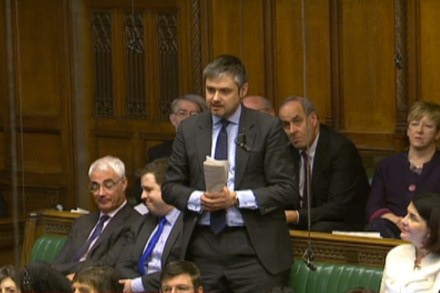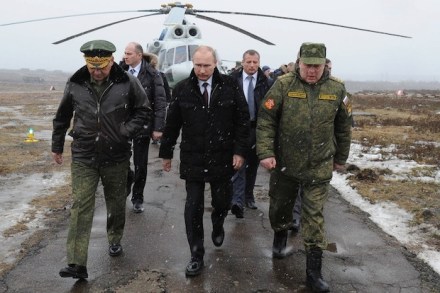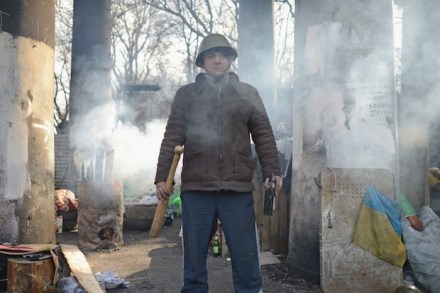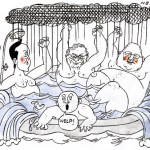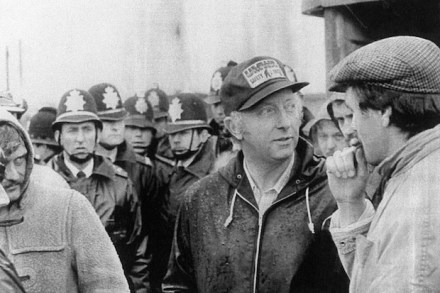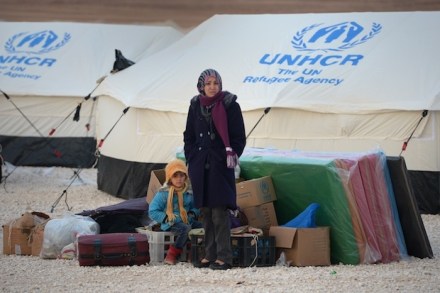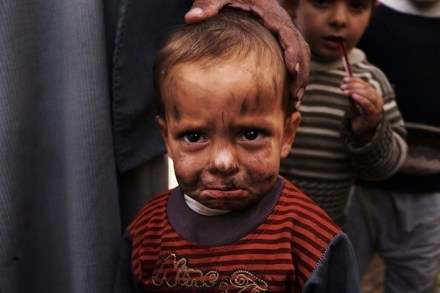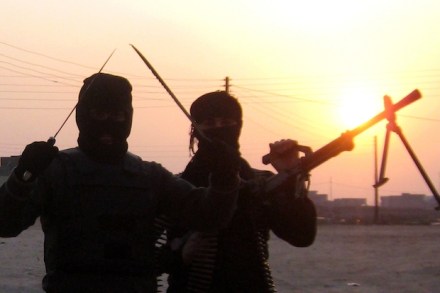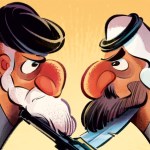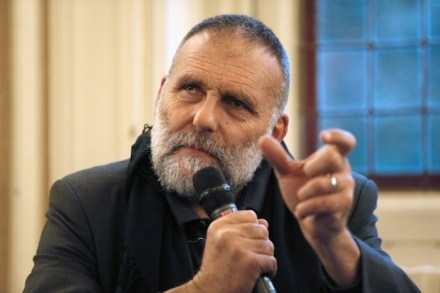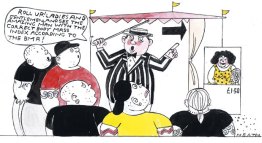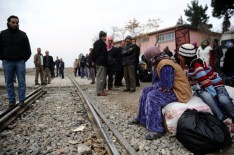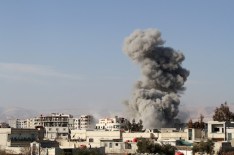Britain’s failure to intervene in Syria is ‘shameful’ says Labour MP John Woodcock
One of the more remarkable exchanges of today’s PMQs was the intervention by John Woodcock towards the end of the session. He surprised colleagues by calling the failure to intervene in Syria ‘shameful’: ‘This week marks three years since the bloodshed began in Syria. More than two and a half million people have fled the country and the dead can no longer even be counted. We must all bear responsibility for our shameful failure to intervene. But they are supposed to be the ones – they are supposed to be the ones running the country. So what renewed effort will his government make to end the slaughter before all hope
